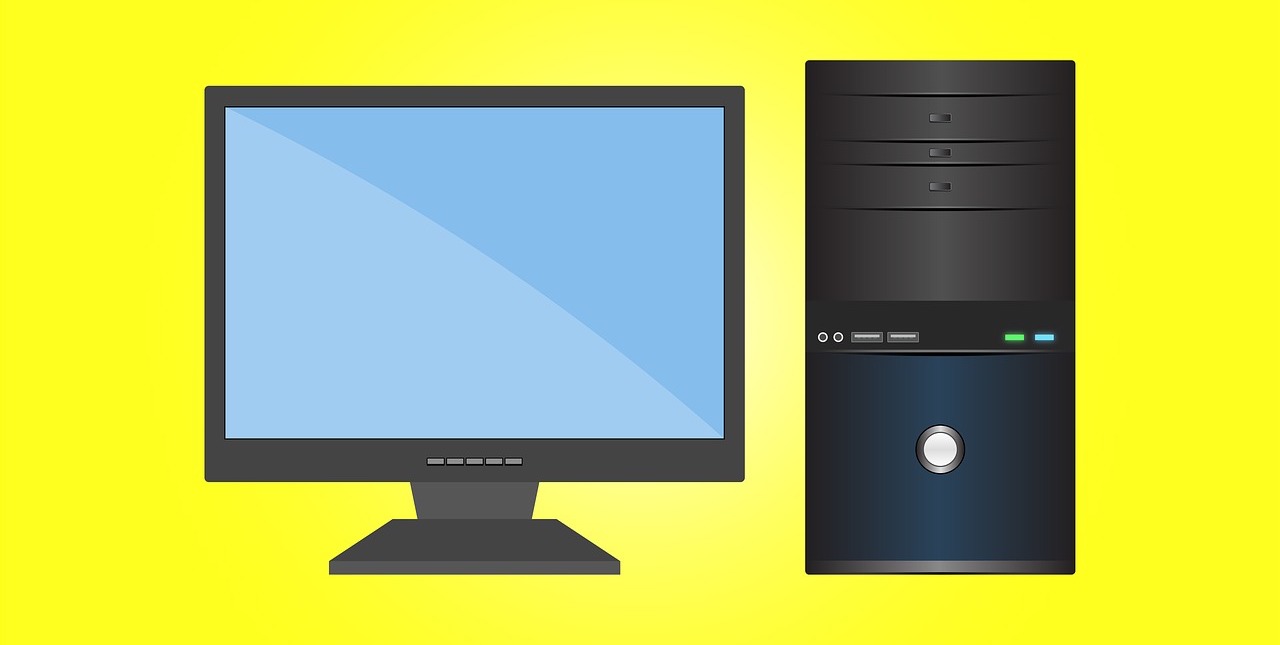
Personal computers and technology are developing quicker than ever these days, and device upgrades are near as equally common for a lot of us. Having different devices for work and at home and with frequent replacements we have more old laptops and computers than ever before but what should you do with your old computer and how should you recycle old computers?
I think a fair amount of us are guilty of leaving old computers, laptops and iPhones to sit and gather dust in cupboards. But, when you do decide to get rid of old tech and no longer need your old laptop, Mac, PC, tablet or smartphone don't just throw it in the rubbish. Make sure you recycle it correctly (including safely removing any personal data on your computer's hard drive). There are plenty of great things to do with your old devices, and you might also end up saving yourself a bit of money doing so.
Computer and WEEE Recycling
Old PCs and laptops that are broken or no longer work shouldn't end up being thrown away in a general waste bin; there's a lot of useful parts and materials in computers that can be recycled. Computers, along with the majority of other electrical devices, are categorised as WEEE goods. For example, recycling aluminium which is often found in laptops such as Apple Macbooks takes about 95% less energy than processing new aluminium from raw materials.
WEEE recycling is for the waste of electrical and electronic equipment recycling, which is nearly everything that is powered by a battery or plug. According to hse.gov.uk, every year, there are an estimated 2 million tonnes of WEEE items discarded by householders and businesses throughout the UK.
WEE items include:
- Large household appliances - e.g. fridges/freezers, cookers, washing machines and dishwashers
- Small household appliances - e.g. vacuum cleaners, irons and toasters
- IT and telecommunications equipment - e.g. personal computers, tablets, telephones and calculators
- Consumer equipment - e.g. radios, televisions, cameras and musical instruments
- Lighting equipment - e.g. fluorescent tubes
- Electrical and electronic tools - e.g. electric drills, powered saws and electric lawnmowers
- Toys, leisure and sports equipment - e.g. games consoles and treadmills, speakers
- Medical devices - e.g. dialysis machines, medical freezers and cardiology equipment
- Monitoring and control equipment - e.g. smoke detectors and thermostats
- Automatic dispensers - e.g. drink dispensers
Electrical devices can be recycled at your local recycling centres. For more information about what you can take to your local recycling centres, see our A to Z recycling guide. At ISM Waste & Recycling we accept and recycle the majority of WEEE waste for recycling, including computers, monitors, TVs, radios, mobile phones and electrical tools.

Why is it Important to Recycle Old Computers and Electronics?
Discarded computer equipment includes monitors, printers, hard drives, circuit boards, processors and graphics cards shouldn't sit gathering dust or get thrown away in the general waste. These products and devices contain significant amounts of recyclable components that need to be diverted from landfill.
Computers and laptops include materials that are considered hazardous waste such as Lithium-Ion (Li-ion) batteries, and if they end up in landfill sites, the waste remains dangerous if they are not recycled correctly.
The glass and plastic in the monitor, plastic and metal in the keyboard and mouse, plastic or aluminium casing, wires, CD-ROM drive, ray tube, power cord, circuit board, batteries and printer cartridges are all recyclable materials. There are very few materials in computers that can't be recycled. The waste that can't be recycled is separated at the recycling facilities and is disposed of safely.
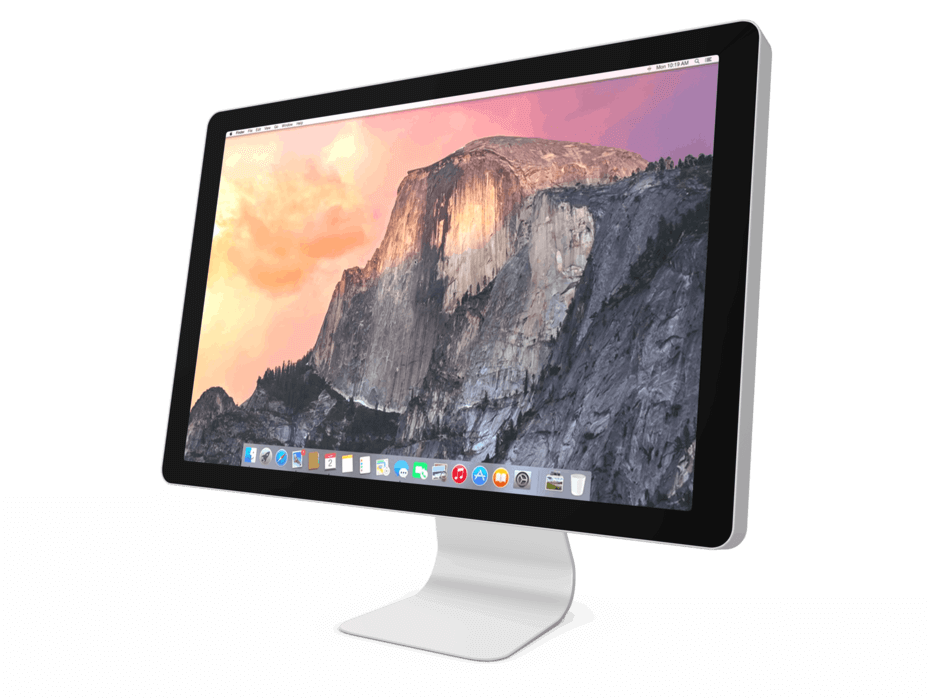
While recycling is essential when getting rid of computers that don't work, recycling a working Mac or PC is a bit of a waste, however. There are some great options to make sure it's put to good use rather than recycling your computer.
Selling Your Old PC
Selling something you no longer use makes complete sense, but do some research before trying to sell yours, so you get the right price for your old computer.
eBay is a great place to start when you're looking at selling things. To get a good idea of how much your old computer is worth check out current auctions and sales of simpler devices to get an idea of a figure you could realistically get for yours. Sale prices are usually considerably lower compared to what you paid when the computer was new; however, Apple computers and laptops typically hold their value better than most Windows alternatives.
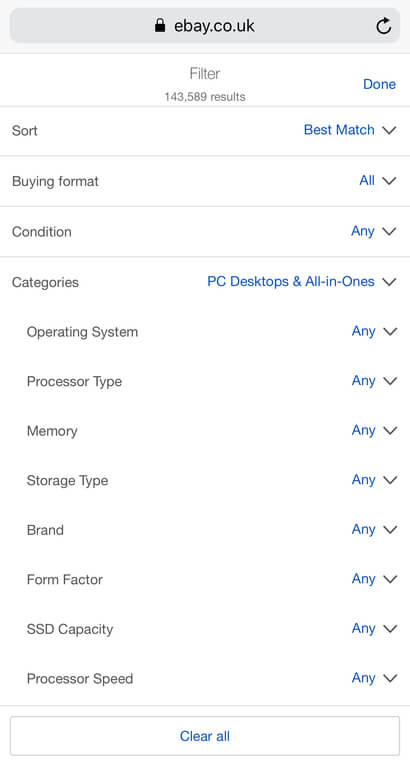
Could you give it to a Relative or a Friend?
As long as it still works, a friend or family member could be able to put it to good use. Second-hand PCs are a great option as the first PC for one of your friends or a relative.
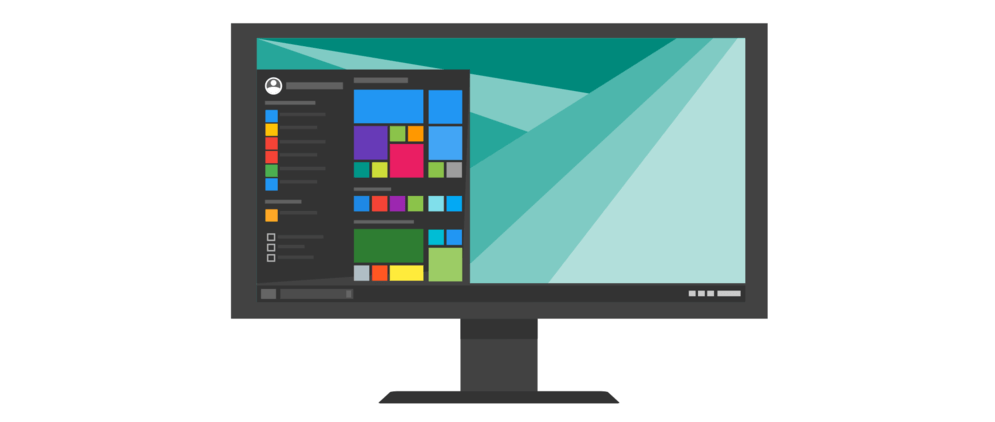
Upgrade Components in Old PCs
Rather than recycling or getting rid of a PC, in some PCs components can be upgraded. This is more relevant for desktop computers than anything else as desktop PCs are produced from a variety of separate parts.
Its not always possible with all pre-built computers but, a lot of them can be upgraded. Upgrading parts can make it feel like new!
If you need an increase in graphics capabilities for gaming, added RAM for business and creative projects or extra hard drive storage for films, music and pictures. While this sounds daunting, it can be quite easy to replace some parts.
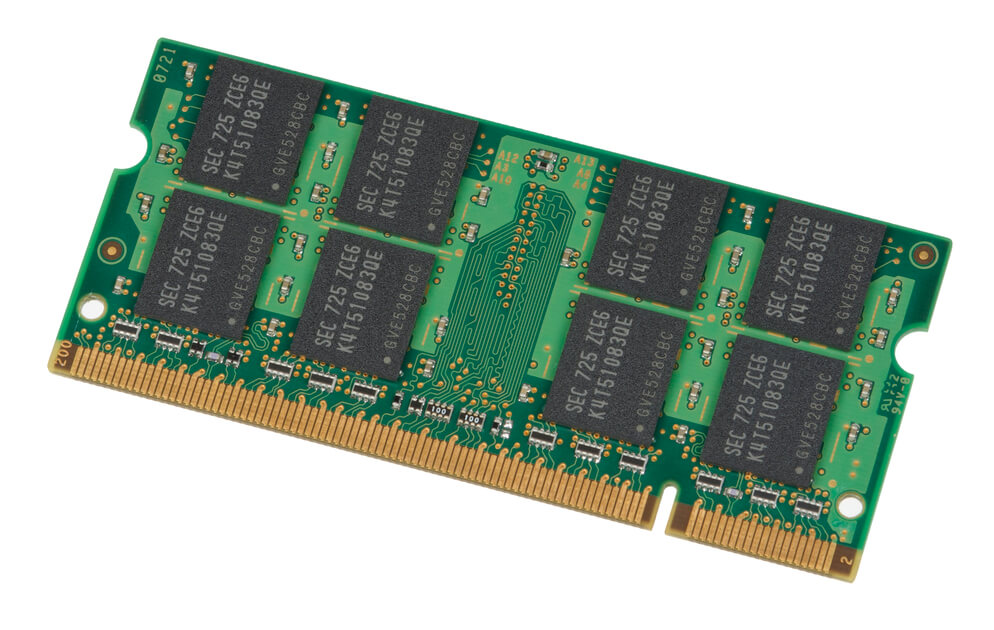
Donate Your Old Computers, Laptops and Printers
Several non-profit organisations collect electronic equipment, including computers and printers for reuse. In the UK there are non-profit organisations which collect, refurbish and supply PCs to those who need them. A popular choice is Computer Aid International, which distributes refurbished computers supply over 100 countries throughout the world, making it one of the world leaders in the not-for-profit supply of IT equipment.
"Since Computer Aid's founding in 1997, we have brought access to technology to over 14.5 million people" - Computer Aid.
Computing equipment can also be donated to schools, libraries and charity shops in your local area if you'd prefer.
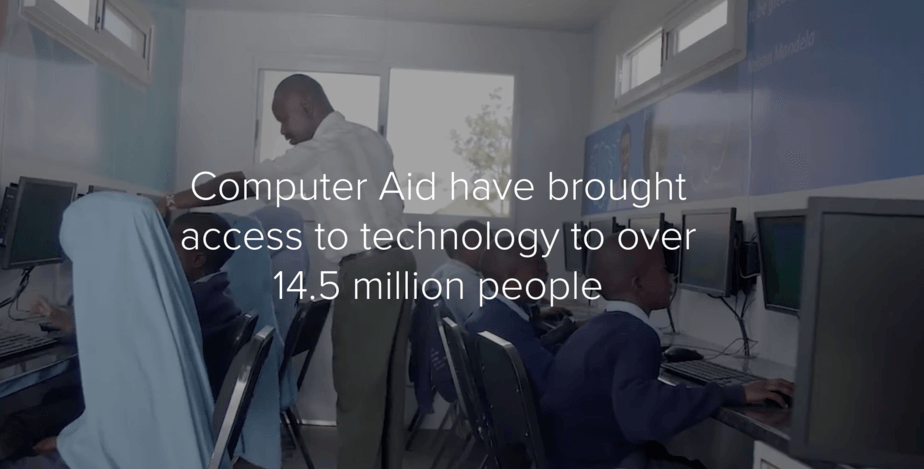
Trade-In Schemes for Apple Products, iPhones, iPads and Mac
Many technology companies these days offer trade-in schemes to their customers to make for more affordable upgrades such as Apple. Apple offers a trade-in scheme to existing customers for discounted prices on a new device when you trade in your old one.
By answering a few simple questions about your device, you can get an estimate for the trade-in value.
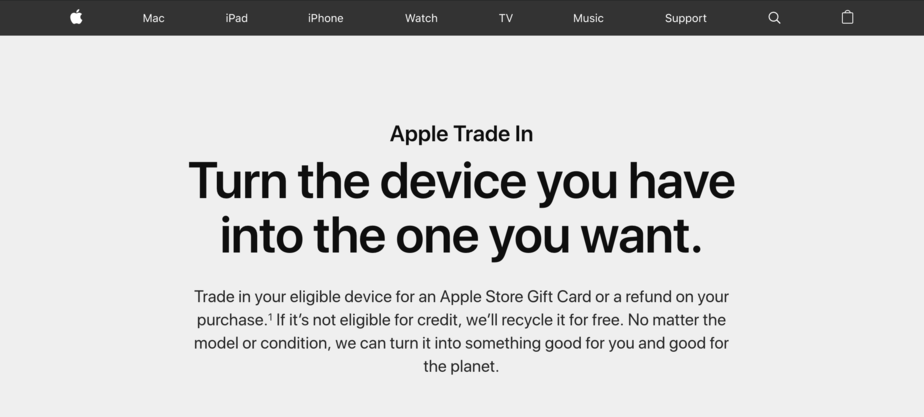
How Do You Wipe a Computer Hard Drive?
It's essential for your safety and privacy that your old computer has been wiped of its data and reset to factory settings. You may think you've deleted your files completely but "deleted files" are often recoverable with the right knowledge.
Not entirely removing your data from your hard drive can be a problem when you're passing your PC or tech that has internal storage along to someone else.
Whether it's sensitive financial data, work documents, or photos you, you probably don't want people getting their hands on your private stuff.
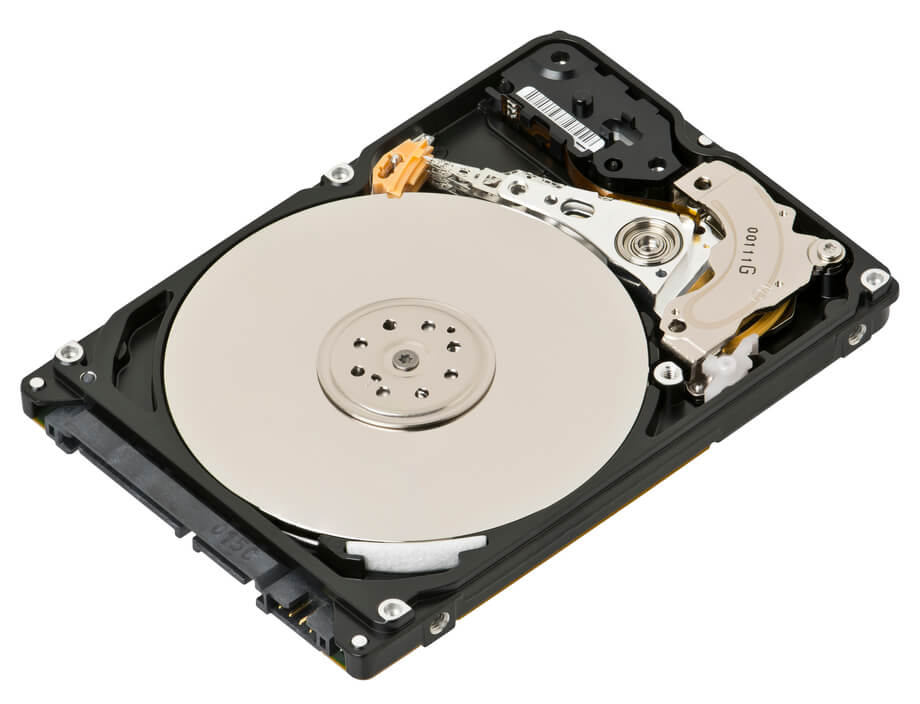
If your PC doesn't have an SSD (Solid State Drive), it has a mechanical hard drive. Files you delete from an HDD (Hard Disk Drive) can be retrieved. When you delete a file from an HDD, the disc marks the file's data as deleted until the files are overwritten in the future.
For Apple computers and devices such as MacBooks, iMacs, iPads and iPhones, it is also essential that you sign out of iCloud on your devices.
Final Thoughts
Not recycling E-Waste has serious environmental impacts. Diverting waste from landfill sites is essential to protect the environment, particularly waste that is categorised as hazardous waste. Computers and electrical items fall into the hazardous waste category as WEEE waste. There are several great alternative methods for disposing of your computer either through having the materials they are made of recycled or by someone else getting some use out of the device once you're done with it.
ISM Waste & Recycling
At ISM Waste & Recycling, we provide specialist waste services for WEEE recycling and business waste management solutions throughout the North West of England. For both commercial and domestic customers, we can provide recycling for your electrical products and computers. Call us today on 01706 823001 for more information about our services.
Waste Management Services
Written by James Kay
james.kay@ismwaste.co.uk
